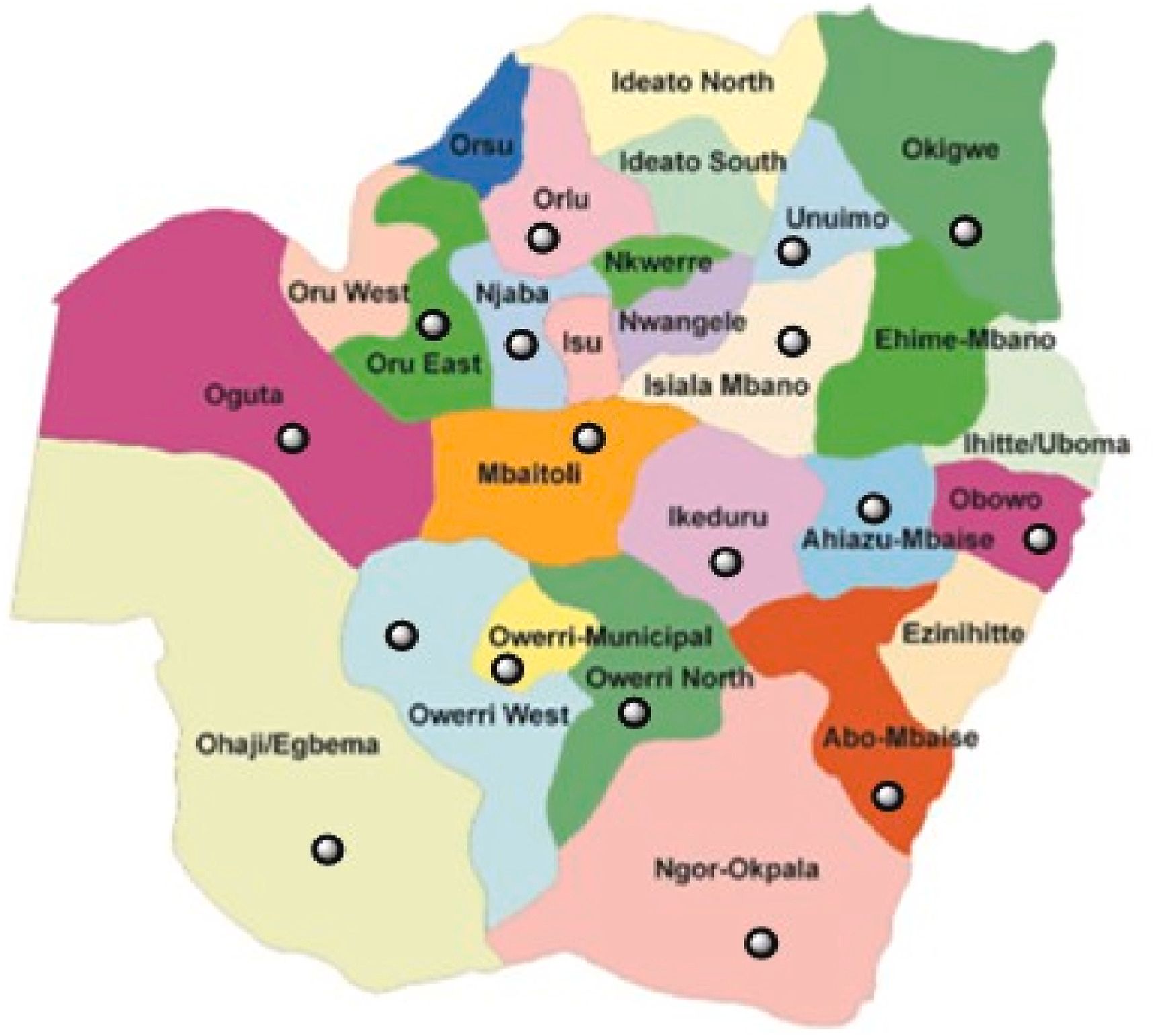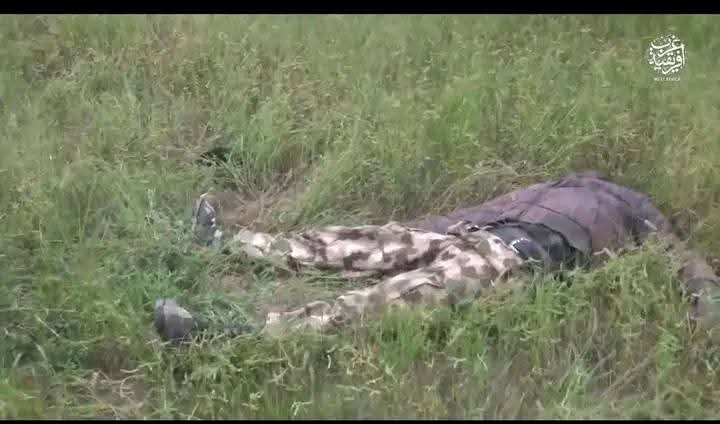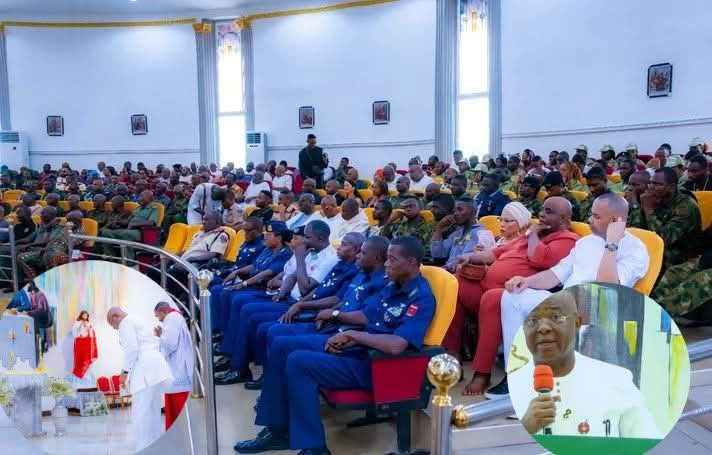
Climate Change, And How It Has Affected Food Production In Imo State, Nigeria
- Special Reports
- May 5, 2025
- No Comment
- 241
Climate Change, And How It Has Affected Food Production In Imo State, Nigeria
By Sampson Uhuegbu
The Imo state economy is highly dependent on agricultural production, especially the production of palm oil which a majority of citizens rely on for cooking. A key minor industry is the extraction of crude oil and natural gas, especially in Imo’s north and west.
Imo State currently has the third highest Human Development Index out of all states in Nigeria, and consistently ranks as a top performing state in literacy, and educational attainment.
This features explores the real impact of Climate change on Biodiversity in my State, and the struggles of people, and the urgent solutions needed to reverse this damage.
In an interview with a farmer, Mr. James Anyanwu, a native of Umueleke Owerre, in the Ehime Mbano, he said, “Before, we used to have plenty of yam in in my barn, but now, nothing is happening. Also, a local fisherman, Mr. Ndudi Chukwu, said, that whenever he throws our nets, we catches nothing due to climate change and biodiversity. “The Rivers are drying up, and the fish are gone.”
Further on the farmlands, the situation is just as nothing to write home about. Farmers who once harvested large Tubers of Yam, Cassava, and Cocoyam now complain of poor yields. This is becoming disturbing.
“The Sun is hotter than before,” says Mrs. Chioma Agu, a Cassava farmer. “Even when we plant on time, the Rains refuse to come. And when they do, it’s too much, washing everything away.”
Indeed, Soil Erosion has become a major problem in Imo, especially in Areas like; Ihitte-Uboma, Orlu, Okigwe, and Orsu where heavy rainfall washes away fertile topsoil. These have made farming increasingly difficult, threatening the food security of the State.
Forests of Imo State were once home to bush fowls , partridges, and Antelopes. Today, these animals had disappeared. Many have gone into extinction in the State, victims of deforestation and habitat destruction.
The increasing demand for firewood, timber, and farmland to build houses has led to uncontrolled tree cutting, reducing the region’s tree cover. Without trees to hold the soil together, erosion worsens. Without forests, wildlife loses its natural habitat, leading to a decline in Biodiversity.
RURAL VOICES: HOW CLIMATE CHANGE IS DISRUPTING LIVES
Adaugo, a vegetable seller, says, “Before, I would buy fresh vegetables from farmers to sell in the market. But now, many farmers complain that their Crops don’t survive the heat.”
Emeka, a local hunter, shares, “In the past, if I went to the forest, I would return with game. Now, the animals have disappeared.”
Oluoha, a palm wine tapper, says, “The palm trees are drying up, and the wine no longer flows as it used to. Something is wrong with our land.”
The frustration in their voices is clear. Climate change is no longer a scientific concept—it is a daily struggle for survival.
WHAT CAN BE DONE?
Despite these challenges, hope is not lost. There are several practical solutions that can help Imo adapt and recover from climate change.
SUSTAINABLE FARMING PRACTICES
Farmers need to adopt Climate-smart Agriculture—using drought-resistant crops and organic fertilizers to improve yields.
Encouraging Agroforestry (growing trees alongside crops) can help prevent soil erosion.
Local authorities must educate farmers on new farming techniques that conserve water and soil.
REFORESTATION AND EROSION CONTROL
Community-led tree-planting programs can help restore lost forests and protect the soil from erosion.
The Government must enforce strict Laws against Deforestation and illegal logging.
Constructing terraces and drainage systems can reduce the impact of heavy rains on farmlands.
WATER CONSERVATION AND RENEWABLE ENERGY
Rainwater harvesting should be encouraged to provide water for irrigation and household use.
Transitioning from firewood to solar energy and biogas will help reduce deforestation.
STRENGTHENING CLIMATE AWARENESS
Climate education should be introduced in Schools to teach young people the importance of environmental conservation.
Traditional Rulers, Churches, and Community Leaders must be engaged in spreading awareness about sustainable practices.
Disaster response plans must be developed to help Communities recover from flooding.
Policies must be enforced to regulate sand mining, illegal logging, and Water Pollution.
However, in tackling this problem, several Global Organizations can provide funding, technical expertise, and policy support to tackle climate change.
UNDP & UNEP can support Climate Adaptation Projects.
The World Bank & African Development Bank can fund erosion control and assist with community-led conservation efforts.
A Call to Action
Climate change is real, and it is happening now in Imo State If urgent steps are not taken, the lands will continue to degrade, wildlife will vanish, and livelihoods will be destroyed. But there is still hope.
Through sustainable farming, reforestation, water conservation, and policy enforcement, Local Governments in Imo can overcome the climate crisis and protect its biodiversity for future generations.
The Imo State government, under the administration of Governor Hope Uzodimma, international agencies, NGOs must act now before it is too late.









